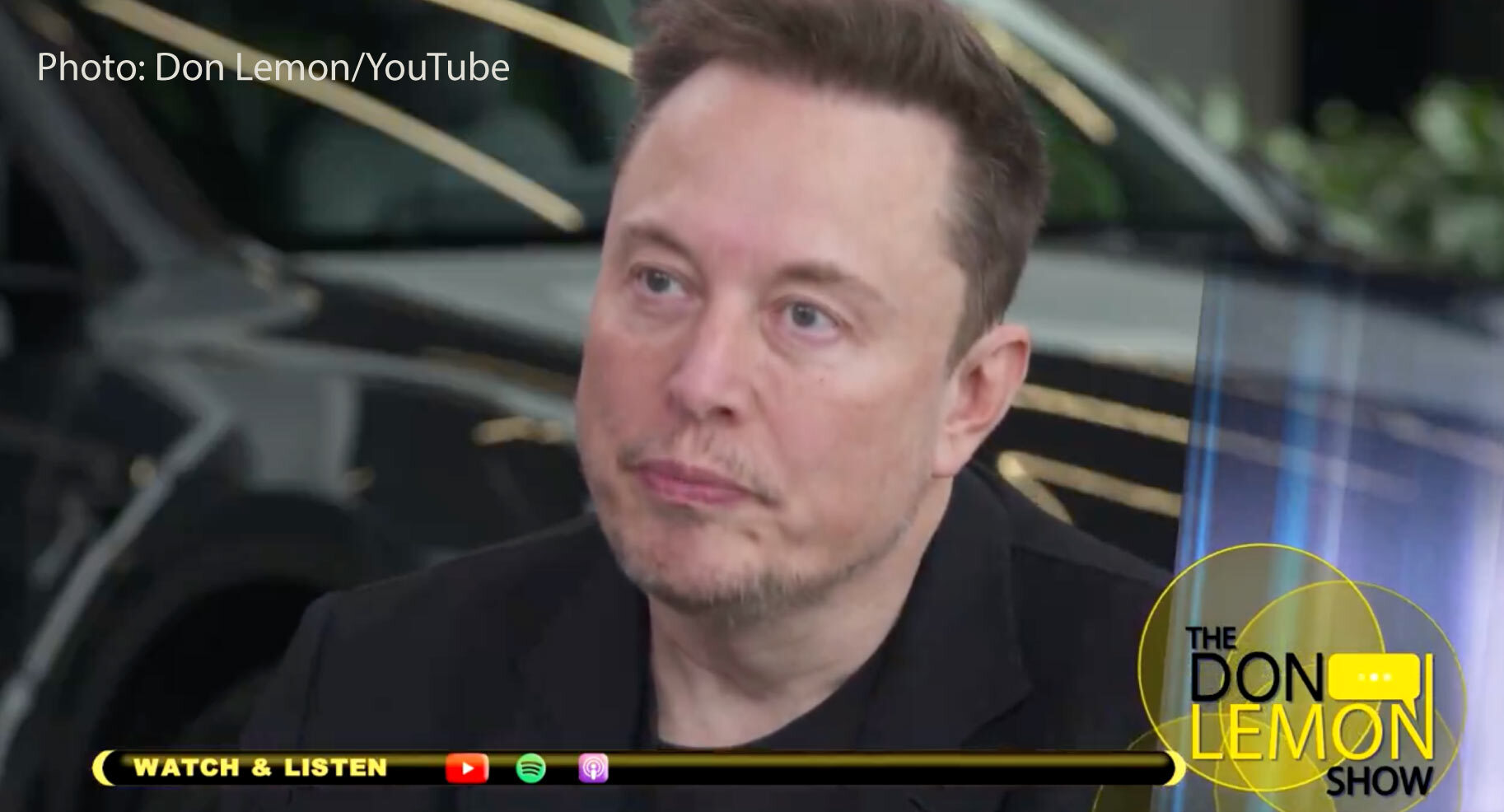Assessing Don Lemon’s Failed Attempt to Squeeze Elon Musk
March 27, 2024 | Category: Blog, Branding, Crisis Communications, Crisis PR, Media Relations, media training, News, Public Relations, Reputation Management

By Evan Nierman
Former CNN anchor Don Lemon’s provocative and testy interview with Tesla CEO Elon Musk was a master class in the art of baiting and badgering that spotlighted the value of media training.
Lemon’s freewheeling interview with the outspoken tech icon touched upon a range of hot button topics that included everything from DEI and woke-ism, to censorship, drug use, Donald Trump and racism. It was a calculated setup by Lemon designed to incite.
Yet Musk demonstrated impressive discipline and never once raised his voice or seemed flustered during the lengthy March 13th interview. Instead, Musk exuded calm and remained polite in the face of questions that seemed scripted to provoke an irascible response. Musk’s deft batting away of Lemon’s incessant follow-ups and snarky air underscored the value of interview preparation from a media training perspective. Knowing what to say and what not to say can mean the difference between winning and losing, especially when it comes to difficult conversations on camera.
Although Musk allowed Lemon to steer the direction of the interview, he refused to be bullied, even when Lemon relentlessly goaded him on controversial topics like the entrepreneur’s admitted ketamine use repeatedly circled back to already discussed topics whenever he did not like or seem to approve of Musk’s initial answer.
With a patronizing attitude, Lemon steered Musk more than he would have liked into incendiary topics like hate speech on “X,” and jabs about the perceived lack of content moderation, which Lemon showcased with ‘gotcha’ slides bearing offending social media posts. At other times, Lemon tried unsuccessfully to put words in Musk’s mouth related to topics ranging from trans rights to lawsuits alleging racist harassment of Black Tesla employees.
Throughout the more than hour-long inquisition, his tone, loaded questions and condescending attitude made it clear where Lemon himself stood on various issues.
For example, when Musk told Lemon he believed that people should be judged on their abilities and integrity, Lemon segued into the explosive issue of race. Lemon, who is Black, then told Musk he was personally offended that the White billionaire did not recognize that people of color were systematically discriminated against, even though Musk never stated anything of the kind.
Musk refused to take the bait, handling the dicey interview well. While his performance was impressive, he could have exerted even more control had he followed this key precept of effective media training: answer the question you wished you had been asked rather than the one that actually was asked.
A viewing of the entire discussion makes it clear that Lemon repeatedly tried to antagonize Musk by inserting his own personal experiences into the conversation and seeking to put him on the defensive.
When Musk stated that he believed constant focus on race relations were counter-productive and said he preferred to look forward to the future rather than backward, Lemon used this as an opportunity to ask Musk if he had any desire to actually understand people who weren’t like himself.
When Lemon grilled Musk about drug use and asked if he had a prescription for ketamine, Musk pushed back, saying it was “pretty private to ask someone about a medical prescription.” Still, he never got mad, instead explaining how it helps him emerge from periodic states of depression.
From a communications standpoint, Musk handled this very difficult interview with skill and confidence. Lemon’s seeming relentless determination to make Musk look bad did not materialize because Musk never got rattled, to his great credit.
Lemon’s highly-touted Musk interview was supposed to kick off the reporter’s new talk show on X, the platform formerly known as Twitter, but Musk – who owns X – got the last word when he canceled the show shortly after the interview was recorded.
In a later posting on X, Musk explained his decision: “[Lemon’s] approach was basically just ‘CNN, but on social media’, which doesn’t work, as evidenced by the fact that CNN is dying,” Musk said.
With the same confidence and acumen that has made him of one of the most legendary business leaders of all-time, Musk deftly handled Don Lemon and provided a master class in the value of media training and refusing to be bullied by a journalist with an agenda.
Evan Nierman is founder and CEO of the crisis communications firm Red Banyan and author of the books “Crisis Averted” and “The Cancel Culture Curse: From Rage to Redemption in a World Gone Mad.

